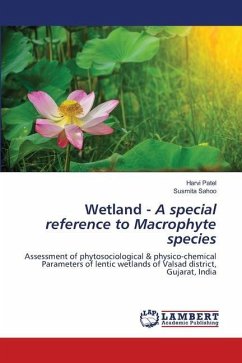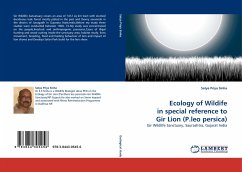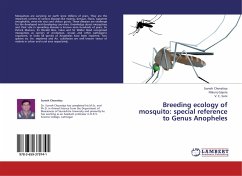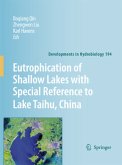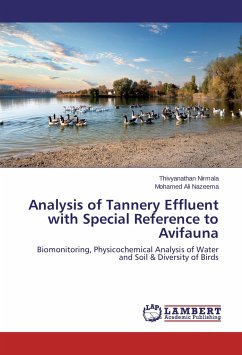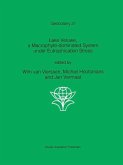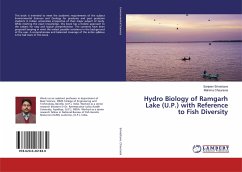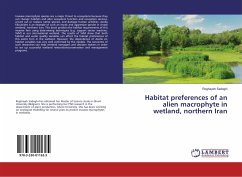Wetlands serve as the interface & ecotone habitat between the terrestrial & aquatic ecosystems, indicating that they are neither entirely aquatic nor terrestrial; depending on seasonal fluctuation. Wetlands are geologically young & ecologically delicate. They are natural water bodies and support a huge number of floral & faunal diversity. Wetlands are a highly adaptive, productive, & biologically rich ecosystem, that provides many significant private & public services to society. Wetlands are known as "Biological Supermarket", "Cradles of Biodiversity", "Kidney of Nature" & "Repository of Resources" because they are multifaceted in many terms. In the wetland, macrophytes act as a link between the sediment, water, & atmosphere. They are large aquatic plants, including angiosperm, pteridophytes, bryophytes, & few macroalgae, which are self-supporting aquatic vascular plants that come from shallow water or which thrive in waterlogged or flooded sediments or soils. The distribution is dependent on the climatic, edaphic & hydric characteristics of the environment & ecological factors affect the associated macrophytes directly or indirectly.
Bitte wählen Sie Ihr Anliegen aus.
Rechnungen
Retourenschein anfordern
Bestellstatus
Storno

